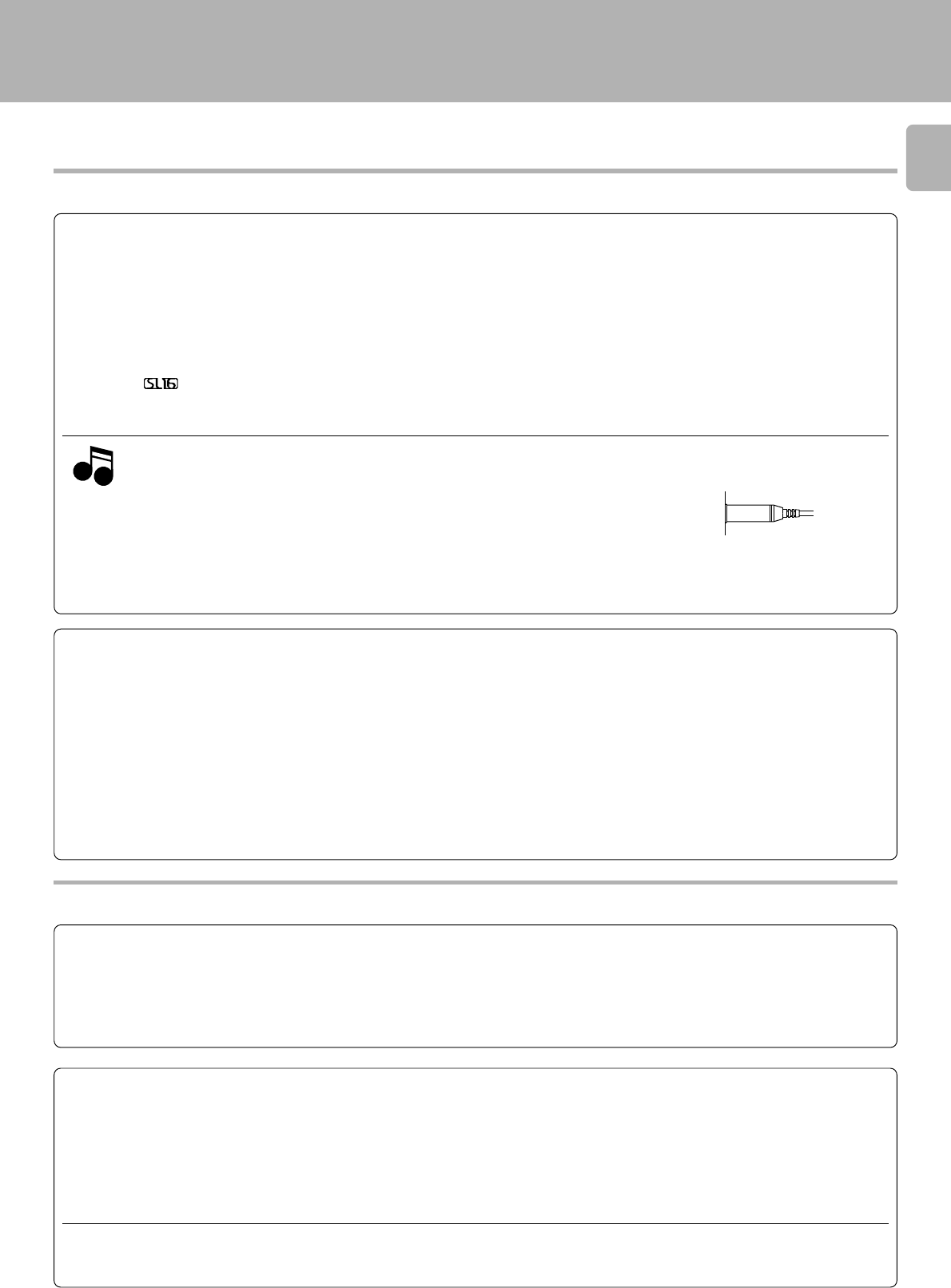
DMF-9020/MD-2070 (En)
11
About the system control connections
Connecting system control cords after connecting a Kenwood audio component system lets you take advantage of
convenient system control operations.
There are two Kenwoood system control modes. Make connections according to the groups of terminal symbols shown
below.
[XS8] Mode : lets you combine F, f, and ƒ terminals
[SL16] Mode : for [SL16] terminals only
This unit is
compatible.
You can connect this unit via system control if all other equipment using system control connections are set to the [SL16]
mode.
1. [SL16] equipment cannot be combined with [XR], [XS], and [XS8] equipment for system
operations. If your equipment consists of this kind of combination, please do not connect
any system control cords. Even without system control cords, normal operations can be
carried out without affecting performance.
2. Even if your amplifier or receiver does not have a system control terminal, the system
control functions between other components can be implemented partially by connecting
system control cords to the system control terminals of other components. (CD TEXT)
3. Do not connect system control cords to any components other than those specified by
Kenwood. It may cause a malfunction and damage your equipment.
4. Be sure the system control plugs are inserted all the way in to the system control terminals.
(See the figure at right.)
About the system control operations
Remote Control
Lets you operate this unit with the system remote supplied with the amplifier or receiver.
Automatic Operation
Automatically switches the input selector on the amplifier or receiver when you start playback from this unit.
Synchronized Recording
When recording a CD after setting the amplifier's input selector to CD, starting playback on the CD player allows to
start recording automatically in an interlocked operation.
÷Do not operate the CD player during recording of a digital source other than CD; otherwise malfunction may occur.
÷Synchronized recording is not possible while the SOUND SYNCHRO REC, AUTO CUT and REC AUTO PAUSE function is operating.
∞º
About the system control connections
Note on connection of optical-fiber cable
The optical-fiber cable is designed for use in the connection
of the CD player (optional). The digital signal transmission
makes it possible to record the high-quality sound of CDs
without degradation.
÷Insert the optical-fiber cable straight into the connector until it clicks.
÷Be sure to attach the protection cap when the connector is not used.
÷Never bend or bundle the optical-fiber cable.
÷All of the commercially-available optical fiber cables cannot be used
with these units. If there is an optical fiber cable which cannot be
connected to your component, please consult your dealer or nearest
KENWOOD agent.
System connections
Notes
Notes
D.R.I.V.E.II (Dynamic Resolution Intensive Vector Enhancement) system
This unit incorporates the KENWOOD-original “24-bit REC D.R.I.V.E.II” system so that, not to mention the CD, analog sources such as the tuner and
analog disk turntable can also be recorded with high-quality 24-bit recording.
The digital inputs include both optical and coaxial input jacks so that high-quality recording is possible from any digital equipment.
1 The reproducibility of small signals is improved drastically for an excellent reproduction of fine reverberations of music. The excellence is also
remarkable in the feeling of stability, presence, attack sound and bass reproduction.
2 The D.R.I.V.E.II system maintains the correlation between the musical components of the input and output signals and does not cause any sound
degradation from the principle.
MONITOR function
This unit can be used as a 24-bit D/A converter by setting the MONITOR key. Refer to “MONITOR key”. £


















